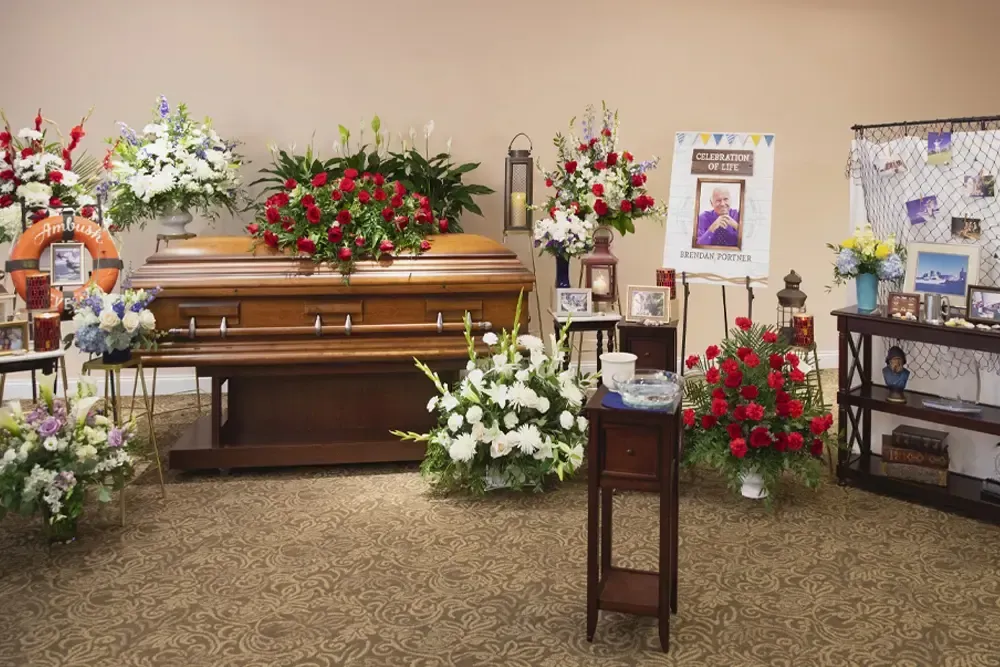May 18, 2025
The Lasting Art.
What Is Embalming?
Embalming is a professional procedure used to temporarily preserve the human body after death. The process is conducted in a hygienic, controlled setting and follows techniques comparable to clinical practices.
The procedure begins with cleansing and sanitizing the body. The limbs are gently massaged to alleviate natural postmortem stiffness. Facial features are then carefully positioned—eyes closed, mouth set—allowing for a natural, peaceful appearance. Using the body’s vascular system, blood is replaced with a preservative embalming solution. Internal cavities are treated to prevent decomposition, and the body is then groomed, with hair styled, cosmetics applied, and clothing arranged to prepare for viewing.
Why Is Embalming Performed?
Embalming plays a crucial role in the grieving process. It allows families and loved ones the opportunity for a final viewing, often essential in acknowledging the reality of death, particularly in sudden or unexpected losses. Many find that seeing their loved one at peace offers comfort, closure, and an important step toward healing.
Is Embalming a Historical Practice?
The practice of embalming dates back thousands of years. As early as 5000 BCE, the Chinchorro people of South America preserved their dead. Ancient Egyptians believed the soul would return to the body, leading to the development of elaborate embalming and mummification rituals. Similar practices were found among the Mayans, Aztecs, Tibetans, and Chinese nobility. Notably, the body of Xin Zhui, a Chinese noblewoman who died in 160 BCE, remains remarkably intact due to careful embalming techniques.
In North America, modern embalming became more widespread during the Civil War. Dr. Thomas Holmes, often referred to as the "father of American embalming," was commissioned to preserve the remains of fallen soldiers so they could be returned home for burial. His work laid the foundation for contemporary embalming standards.
Is Embalming Legally Required?
There is no federal or provincial law in Canada or the United States that mandates embalming. However, certain circumstances—such as public viewings or extended delays between death and disposition—may necessitate it. Most funeral homes have guidelines regarding embalming based on the services selected. Funeral directors are available to explain all available options and help families make informed decisions.
Our Blogs











